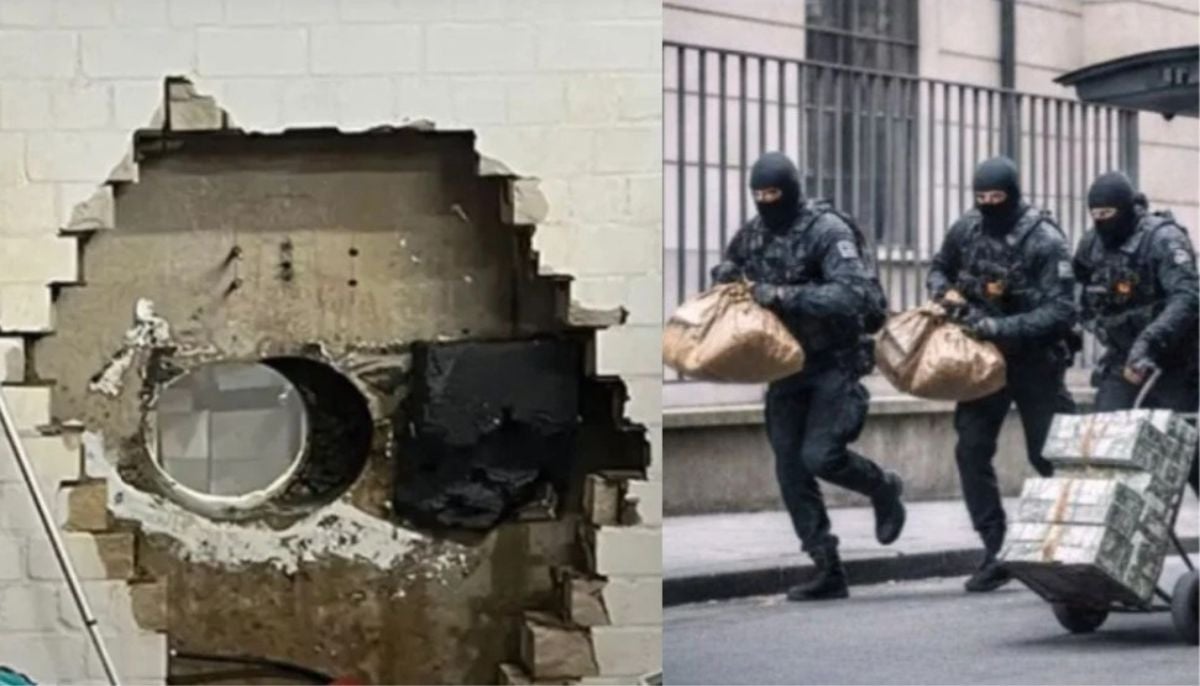US-Ukraine war-mance: What are cluster munitions and why are they banned?
From a military perspective, cluster munitions can prove highly effective against entrenched ground troops, effectively rendering large areas unsafe until they are meticulously cleared
In response to Ukraine's request for cluster munitions, the United States has announced its compliance, a decision that has sparked a backlash from human rights groups due to the banned status of these weapons in over 120 countries.
Cluster bombs, which scatter numerous small bomblets over a wide area during flight, have the objective of detonating upon impact. However, a concerning number of these bomblets may remain unexploded, posing a long-term threat to unsuspecting individuals who encounter them.
While cluster munitions can be effective against entrenched ground troops from a military perspective, their indiscriminate nature and potential harm to civilians have led to the signing of the Convention on Cluster Munitions by over 100 nations, including the UK, France, and Germany, which prohibits their use and stockpiling.
Human rights organizations strongly condemn cluster munitions, considering them abhorrent and even constituting war crimes. Notably, both Russia and Ukraine have employed cluster munitions since the beginning of Russia's full-scale invasion in 2022, despite neither country being a signatory of the aforementioned treaty.
Although the United States is not a signatory either, it has previously criticized Russia's extensive use of cluster munitions. Russian cluster munitions reportedly have a high rate of unexploded bomblets (duds) at 40%, while the average dud rate is estimated to be around 20%. The Pentagon asserts that its own cluster bomblets have a dud rate of less than 3%.
Ukraine's request for cluster munitions stems from a severe shortage of artillery shells, which are being rapidly depleted in the ongoing conflict with Russia. Artillery plays a crucial role in the static battlefronts of southern and eastern Ukraine, where Ukrainian forces seek to dislodge entrenched Russian troops along a 1,000km (621-mile) front.
However, the decision to provide cluster munitions to Ukraine has generated controversy. Many Democrats and human rights advocates in the United States oppose supplying such weaponry. The debate on this matter has been ongoing for several months.
The US decision undermines its moral standing in the conflict, as it erodes the perception of holding the high ground. While Russia's alleged war crimes have been extensively documented, the US's compliance with Ukraine's request may invite accusations of hypocrisy. Cluster munitions are widely regarded as horrific and indiscriminate, and banned in many regions for valid reasons.
This move by the United States has the potential to strain its relationship with Western allies, as any perceived divisions within the alliance could play into the hands of Russian President Vladimir Putin, who seeks to exploit such discord.
-
'Elderly' nanny arrested by ICE outside employer's home, freed after judge's order
-
key details from Germany's multimillion-euro heist revealed
-
Search for Savannah Guthrie’s abducted mom enters unthinkable phase
-
Barack Obama addresses UFO mystery: Aliens are ‘real’ but debunks Area 51 conspiracy theories
-
Rosie O’Donnell secretly returned to US to test safety
-
'Harry Potter' star Rupert Grint shares where he stands politically
-
Drama outside Nancy Guthrie's home unfolds described as 'circus'
-
Marco Rubio sends message of unity to Europe












